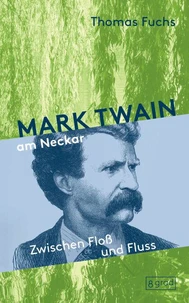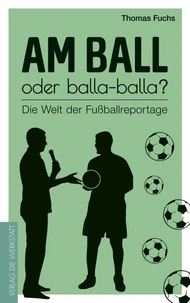Das Gehirn - ein Beziehungsorgan. Eine phänomenologisch - ökologische Konzeption
Par :Formats :
Disponible dans votre compte client Decitre ou Furet du Nord dès validation de votre commande. Le format ePub est :
- Compatible avec une lecture sur My Vivlio (smartphone, tablette, ordinateur)
- Compatible avec une lecture sur liseuses Vivlio
- Pour les liseuses autres que Vivlio, vous devez utiliser le logiciel Adobe Digital Edition. Non compatible avec la lecture sur les liseuses Kindle, Remarkable et Sony
 , qui est-ce ?
, qui est-ce ?Notre partenaire de plateforme de lecture numérique où vous retrouverez l'ensemble de vos ebooks gratuitement
Pour en savoir plus sur nos ebooks, consultez notre aide en ligne ici
- Nombre de pages371
- FormatePub
- ISBN978-3-17-039466-7
- EAN9783170394667
- Date de parution27/01/2021
- Protection num.Digital Watermarking
- Taille4 Mo
- Infos supplémentairesepub
- ÉditeurKohlhammer
Résumé
Does the brain think? Is it the creator of the world of experience, the constructor of the subject? This widespread interpretation of the neurosciences is contrasted in this book with an ecological conception: The brain is above all an organ for mediating the relationships between the organism and the environment and for our relationships with other people. These interactions are constantly altering the brain, making it an organ that is biographically, socially and culturally shaped.
In short, it is not the brain as such, but rather the living human being who feels, thinks and acts. In this sixth edition, the author presents a new updated version of his pioneering work, which was enthusiastically welcomed by specialists and the press.
In short, it is not the brain as such, but rather the living human being who feels, thinks and acts. In this sixth edition, the author presents a new updated version of his pioneering work, which was enthusiastically welcomed by specialists and the press.
Does the brain think? Is it the creator of the world of experience, the constructor of the subject? This widespread interpretation of the neurosciences is contrasted in this book with an ecological conception: The brain is above all an organ for mediating the relationships between the organism and the environment and for our relationships with other people. These interactions are constantly altering the brain, making it an organ that is biographically, socially and culturally shaped.
In short, it is not the brain as such, but rather the living human being who feels, thinks and acts. In this sixth edition, the author presents a new updated version of his pioneering work, which was enthusiastically welcomed by specialists and the press.
In short, it is not the brain as such, but rather the living human being who feels, thinks and acts. In this sixth edition, the author presents a new updated version of his pioneering work, which was enthusiastically welcomed by specialists and the press.













